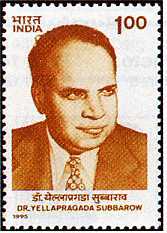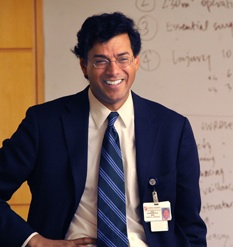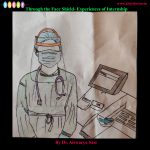On International Womens’ Day, we at Treat by Alterdoctors would like to salute some of the Women pioneers in the field of healthcare in India. Women who battled against all odds, who braved hardships and who pursued a dream with compassion and passion for the betterment of mankind.
In this special article, we feature Dr. TS Kanaka: who broke sterotypes to emerge as a pioneer in neurosurgery and stereotactic surgery, Dr. Padmavathy Iyer: India’s first woman cardiologist who at the age of 101 proves age is just a number and whose journey reminds us that anything is possible with a heart full of compassion and a mind full of curiosity, Dr.Suniti Solomon : who discovered the first case of HIV in India and made it a life mission to battle the stigma and spread awareness about the disease, Rajkumari Amrit Kaur: India’s first health minister: A princess in her nation’s service with the message of hope and faith and was instrumental in establishing AIIMS and campaigned against communicable diseases and finally Anandibai Gopalrao Joshi: the first Indian woman doctor , a pathsetter, whose story for centuries will remain an inspiration. This is by no way a definitive or exhaustive list and is just a representation of the enoromous work done over the ages by Women in the field of healthcare.
1)Dr. TS Kanaka
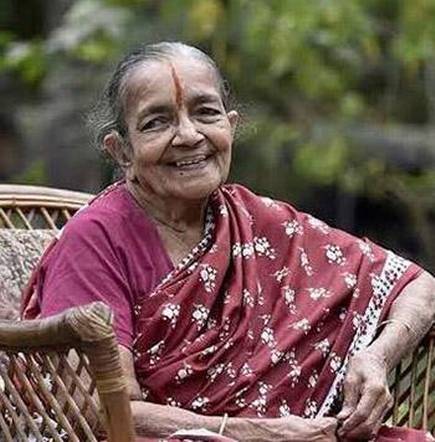
Thanjavur Santhanakrishnan Kanaka: Fighting against all odds, she went onto become Asia’s First female neurosurgeon in March 1968. What is little known is that she also had Served as an army medical officer for 2 years during the Indo-China war 1962-63.
She Was involved in pioneering work in sterotactic surgery and deep brain stimulation in India. She obtained a PhD in stereotactic surgery in 1972 with her Phd thesis being on the topic: Evaluation of stereotactic surgery in the surgical management of cerebral palsy.
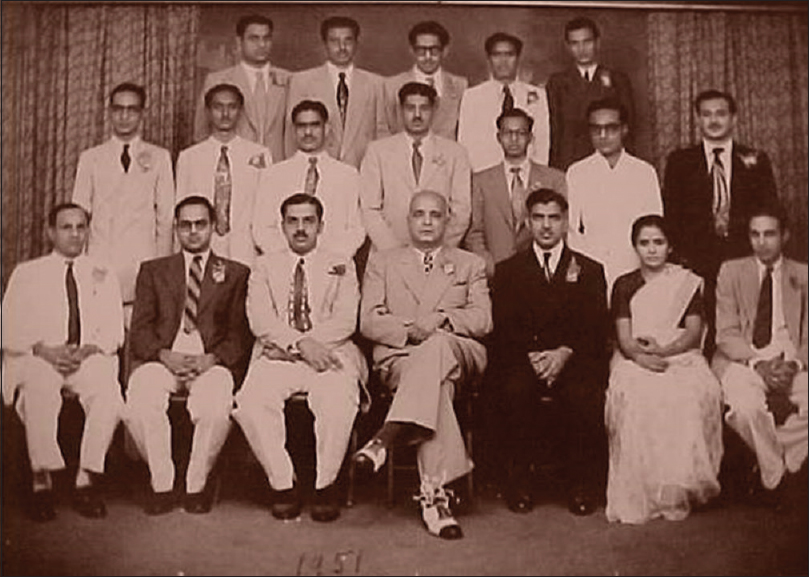
She and her team carried out about 1700 stereotactic surgical procedure at Madras Medical College enhancing the reputation of the institute as a pioneer in the field of neurosurgery. Always ahead of the times with a vision , she pioneered the technique of chronic electrode implantation much before it gained acceptance in other parts of the globe.
A Passionate advocate of voluntary blood donation by being an example herself, her name was mentioned in the Limca book of world records for a phenomenal 139 blood donations
2)Dr. Padmavathy Iyer
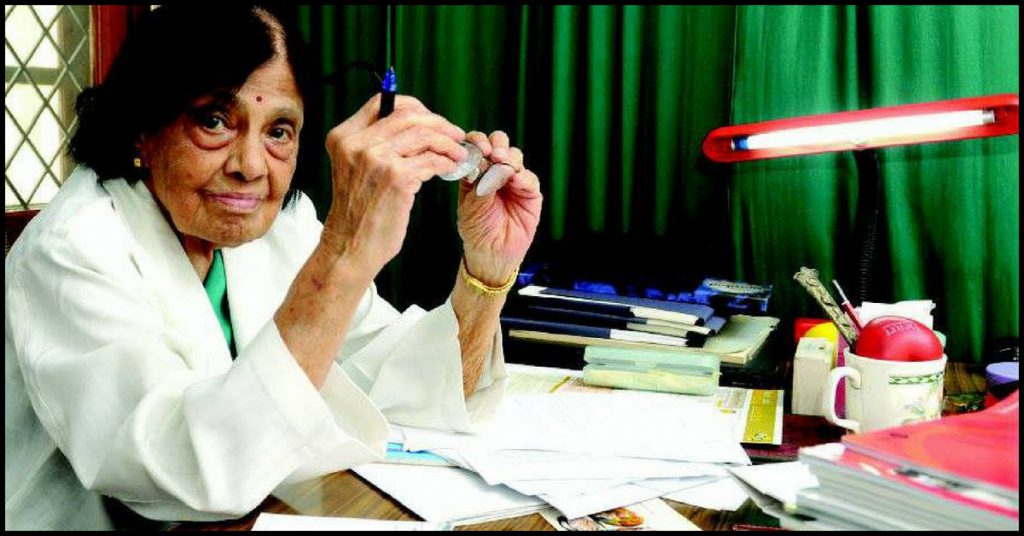
The Goddess of Cardiology in India- Perhaps no other description can be apt for Dr. Padmavathy Iyer ,the Oldest cardiologist in India . Such is her passion that she still is active in the medical field at the age of 101.
A meritorious student during her undergraduate days in Burma Medical college, her family had to flee the country during world war II and moved to Tamil Nadu. Dr. Padmavathy trained at John Hopkins under the legendary Helen Tausing (who performed the first surgeries on blue babies) and later at Harvard medical school under Dr. Paul Dudley ( widely regarded as the father of modern cardiology).
Having returned to India, She pioneered the development of the field of cardiology. She established the first cardiac clinic and cath lab at the Lady Hardinge Medical College, Delhi followed by setting up of cardiology departments at the prestigious Maulana Azad Medical College and GB Pant Hospital, etc.her passion for teaching led her to initiate the first Doctorate of medicine course in Cardiology.
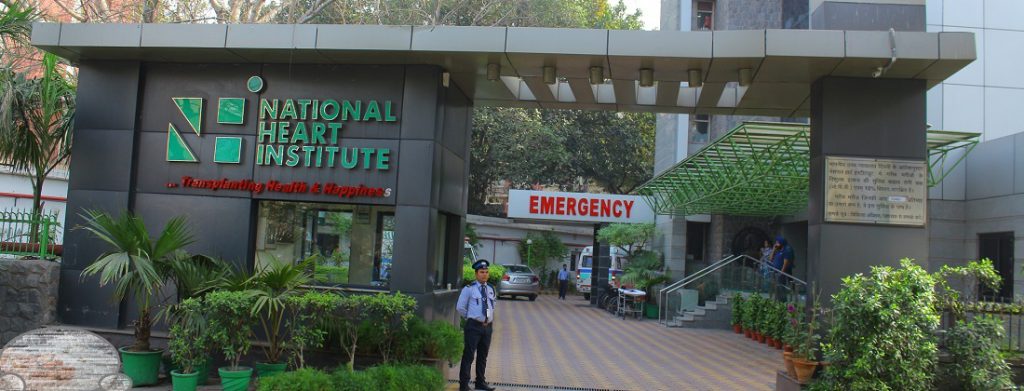
She was the founding director of the National Heart Institute (NHI) in Delhi which was India’s and Asia’s first exclusive heart institute .
3)Dr.Suniti Solomon
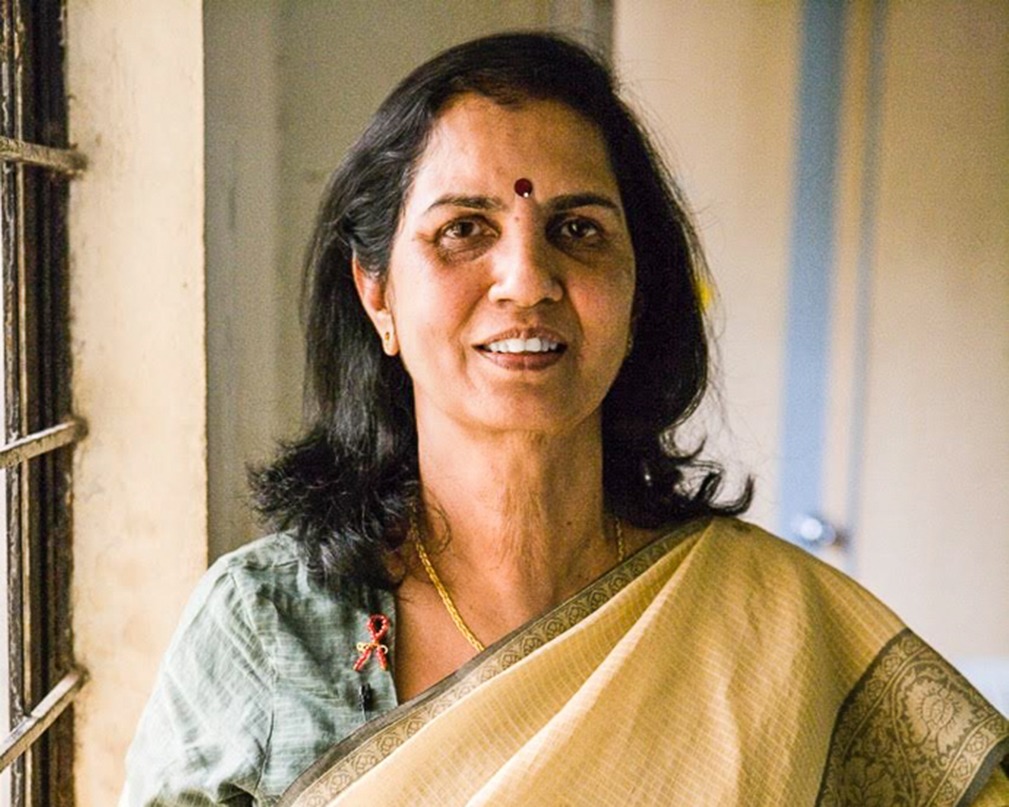
At a time the HIV pandemic was spreading in the United States in the early 1980s, the disease had not yet been diagnosed in India. Infact the attitude prevalent in those days was that HIV was a disease of the West and India would not be affected by it even though a combination multiple socio-economic risk factors existed.
All that changed when Suniti Solomon, a microbiologist at the Madras medical college along with her student Sellappan Nirmala diagnosed the first case of HIV in India in 1986. They started of by analysing the blood samples obtained from 100 sex workers living in a shelter in Chennai ( then Madras). The samples were first sent to CMC vellore where six cases were reported to be positive and these findings were confirmed by the John Hopkins university in Baltimore USA.
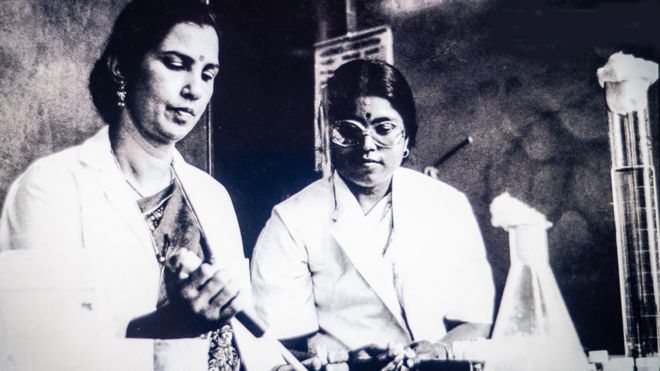
An initial disbelief and criticism targeting Suniti for being an outsider trying to rake up controversy soon gave way to acceptance and decisive action. Nationwide programmes for screening and policies to tackle HIV/AIDS began in earnest.
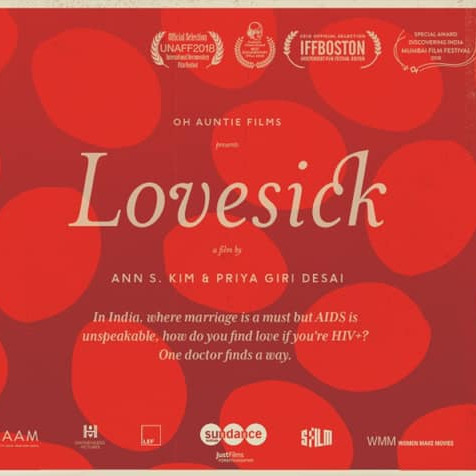
Dr. Suniti Solomon pioneered HIV awareness (along with sex education) programmes in schools and colleges She also began publishing papers on HIV epidemiology, prevention, care, support and related gender issues. In 1993, she established the Y. R. Gaitonde Centre for AIDS Research and Education. Even more heartening was her efforts to battle the stigma faced by HIV patients . the documentary Lovesick which chronicles her journey as a matchmaker to help two HIV positive patients find Love.
4)Rajkumari Amrit Kaur
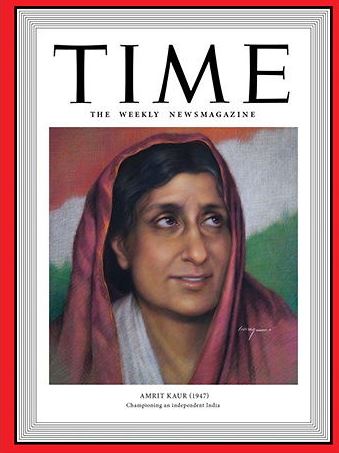
Hailing from the princely family of Kapurthala, Rajkumari Amrit KAura completed her education in England and returned to India and was part of the Freedom struggle and was closely asscoaited with the Mahatma as his secretary. Kaur was also among the few women who were part of the Constituent Assembly.
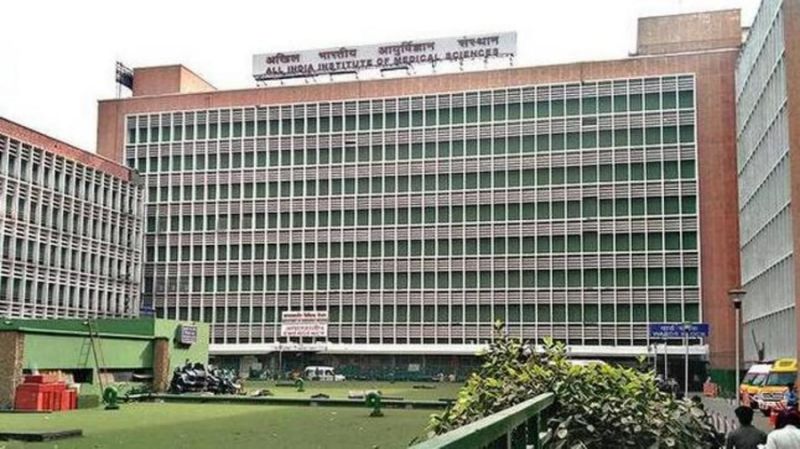
Her tenure as health minister will be remembered for the establishment of the All India institute of Medical sceinces (AIIMS). For establishing the institute, she secured aid from
New Zeland, Australia, West Germany, Sweden, and the Untied States. She and one of her brothers donated their ancestral property and house (named Manorville) in Shimla, Himachal Pradesh to serve as a holiday home for the staff and nurses of the Institute.As health minister, one of her top priorities was on eradicating malaria.
India can take pride that she was elected as the president of the World helath assembly in 1950, the first woman and the first Asian to hold that post. Rajkumari Amrit Kaur also initiated the establishment of the Tuberculosis Association of India and the Central Leprosy Teaching and Research Institute .
5) Dr. Anandibai Joshi:

Today the field of medicine in India has seen many Woman pioneers. Infact at most medical colleges, the girls outshine the boys. But the true flag bearer who possibly started of this revolution was Anandibai Gopalrao Joshi. Spurred by the loss of her child at just ten days of age due to lack of accessibility to healthcare, Anandibai was determined to pursue medicine. Ably supported and encouraged by her husband Gopal, Anandi battled social taboos and stigma and set about pursuing her dream .
With able support from Theodicia Carpenter, a resident of New jersey, Anandi reached America and applied Woman’s medical college of Pennsylvania, which was the second women’s medical program in the world.
Despite failing health in part due to unfamiliar weather, different diet, Anandibai began her medical training at age 19 and successfully graduated with an MD in March 1886; the topic of her thesis was “Obstetrics among the Aryan Hindoos.”. In late 1886, she returned to India In late 1886, and was appointed as the physician-in-charge of the female ward of the local Albert Edward hospital. However failing health began to take its toll after having contracted tuberculosis and she died on 26th febraury 1887 just before turning 22.
A 4.3 km diameter Crater on the planet Venus has been named after her and lies at latitude 5.5° N and longitude 288.8° E. More recently a Marathi movie depicting her life was made.
The author is a medical oncology resident and co-founder of ALTERDOCTOR


